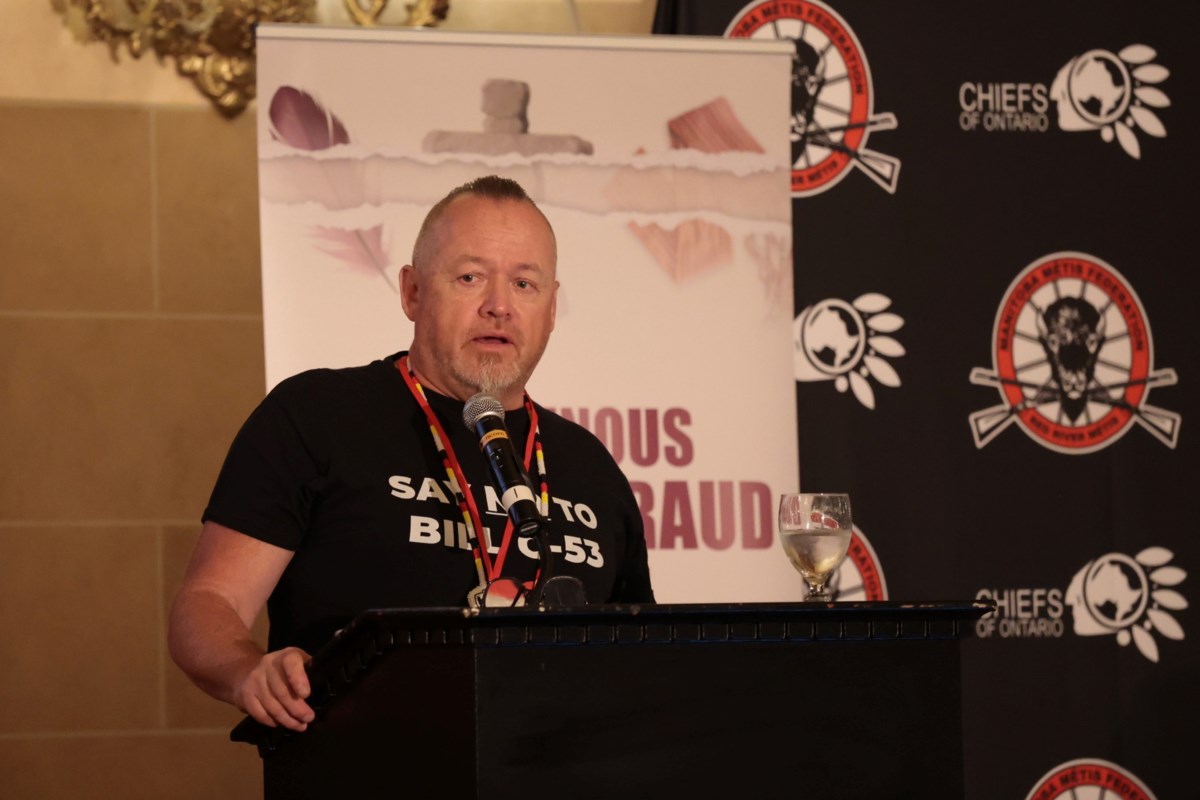I'm not sure I would call that working arrangement a "gig lifestyle". Workers in remote mines, off-shore oil rigs, etc. who live remotely from their workplace still go back to their same employer. It's more of an extended shift arrangement and long commute. I suppose in some seasonal industries, like fishing, you re-sign with the employer. I don't know if I would call foreign temporary farm workers 'gig employees' but maybe technically they are. Although many do repeatedly return to the same employer, their relationship is severed every cycle.
I label any employment that isn't an open ended contract, any contract that is time-limited and requires re-engagement periodically, as a gig.
The point is that employment takes many forms. Jobs for life are not what they used to be. Some people are good with that.
Whether the generations growing up in urban density are being forced into Industrial-era squalor remains to be seen.
Nothing is inevitable.
For some, the concept of having a detached plot that they have to maintain is something they actively don't want. To them, living in an apartment or condo where you pay other to maintain, ordering in or eating out the one big meal of the day, living on transit and not owning a vehicle, is an active choice. Some of us learned our home-maintenance/DIY skills either through osmosis or at the feet or our parents. With many now, that is completely lost.
Key word there is "choice".
Density don't necessarily lead to squalor. It can, but it doesn't have to.
My concern, particularly as it pertains to the Calgary blanket rezoning issue, is that I am concerned that by allowing greater discretion across the city that ultimately the development will get ahead of, and away from, the planners. They will be confronted with a multitude of applications with a multitude of "good ideas" and expectations and will have to consider how all those multifareous bits and pieces mesh. Conversely they could have stuck with the rules in place and decided to rezone neighbourhood by neighbourhood, or consider new standards for new neighbourhoods, and created greater choice in living options. They could have created high density and low density districts and attracted both types of potential taxpayers.
Any practical definition I have seen defines it as the offspring of a French (Canadian) father and First Nations mother. I have never heard or seen it applied to a mix of First Nations ancestry.
Here I was stretching a point.
Metis sounds better than Half-Breed but the issue is the same. In the south the father was likely French (Canadian). In the north, in Hudson Bay - Cree country the father was likely Scottish (Canadian). In both cases the offspring were considered outsiders by the families of both parents. They created their own societies.
Currently the First Nations jealously guard their blood lines and their associated treaty rights. They have an uneasy association with the Metis communities. They have an uneasy association with women that marry off reservation and their children.
If a Metis family was metis in 1700 but has consistently married into French society since then are the offspring indigenous or settlers? If they married into Metis or native society are they still "contaminated" by settler blood - one drop rule?
The issue is not a new one because there are indigenous communities, like the Oji-Cree, where cultures and bloodlines clash and merge.
My point was that racial purity is a difficult concept no matter what races are involved.











